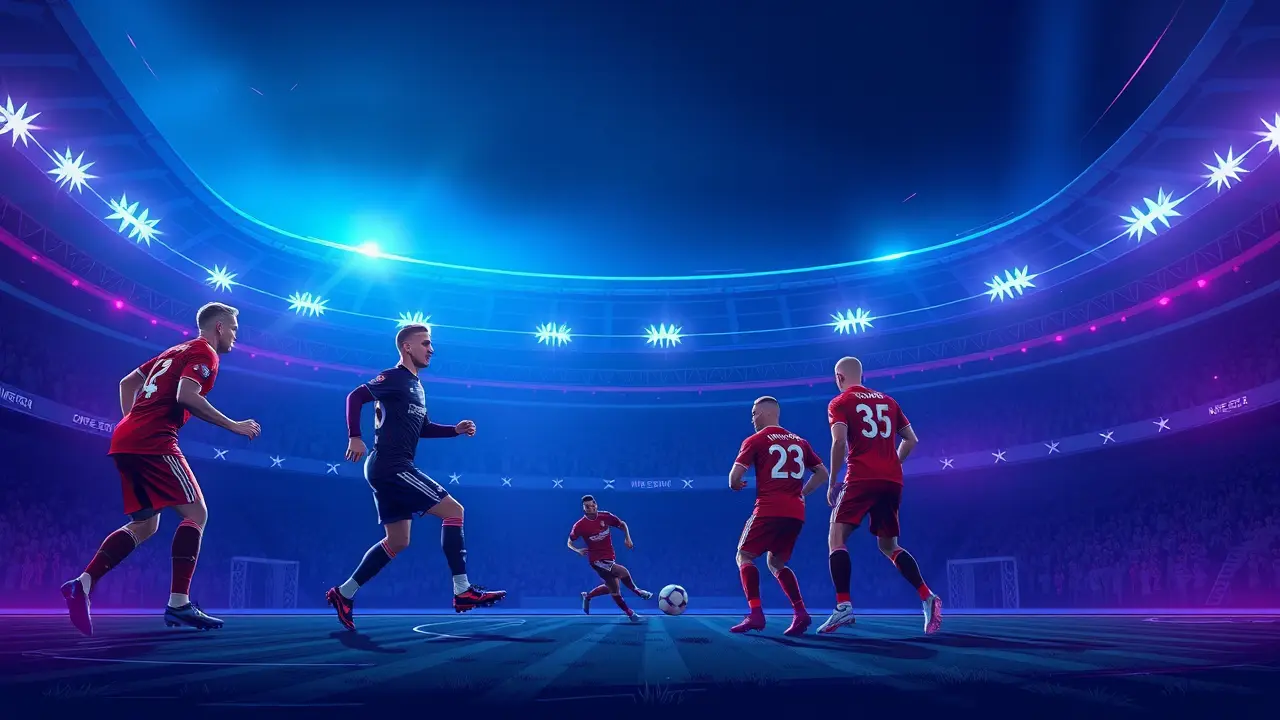Owen Criticizes Ten Hag's Tactics and Manchester United's Poor Form
If I'm not mistaken, about a year ago I watched Erik ten Hag play with a back four, and it was arguably the worst football I've seen from Manchester United. Let's be clear, this isn't just about formations; it's a deeper malaise.Some of the strongest teams have operated with a back three for years—Antonio Conte's Chelsea, a machine that grinded out a Premier League title, or the tactical sophistication of Thomas Tuchel's Chelsea in their Champions League triumph. I'm not saying it's my favorite system, nor am I asserting that Rúben Amorim is correct in his unwavering belief in it, but I am absolutely certain that not all of United's current problems are tied to the tactical shape.It's almost shameful to suggest that's the primary reason for this dramatic slump—it simply isn't. The issues run far deeper, into the very core of the club's identity and recruitment strategy.They could easily revert to a four-man defensive line and perform just as dismally as they did under ten Hag's previous iterations, and the cacophony of criticism from the Stretford End and beyond would be just as deafening. This is a club suffering from a profound philosophical confusion, a disconnect between the boardroom's vision, the manager's instructions, and the players' execution on the pitch.Look at the data: the pressing triggers are inconsistent, the pass completion rates in the final third are among the lowest of the top-half teams, and the defensive line's cohesion is non-existent, a far cry from the organized, relentless units of Sir Alex Ferguson's era where figures like Rio Ferdinand and Nemanja Vidić operated with near-telepathic understanding. Comparing the current squad to that legendary 1999 treble-winning side or even the 2008 Champions League winners isn't just nostalgic; it's a necessary exercise in highlighting how far standards have fallen.Players like Bruno Fernandes, for all his creative spark, lack the disciplined tactical role of a Paul Scholes, who controlled the game's tempo, while the midfield often gets overrun in a way Roy Keane would never have tolerated. The Glazer ownership's legacy is a shadow that looms large, a financial model that has prioritized commercial revenue over sporting integrity, leading to haphazard transfers where players are purchased like expensive parts for a machine they don't fit.Jadon Sancho's saga is a symptom, not the disease—a talented player clashing with a manager in a system that doesn't maximize his abilities. The potential arrival of a sporting director like Dan Ashworth is a step in the right direction, but it's a long-term project, not a quick fix.The real concern is whether the new minority ownership from Sir Jim Ratcliffe and INEOS can instill a modern, data-driven football operation akin to what exists at Manchester City or Liverpool, clubs that have left United behind not just in the table, but in their entire footballing project. Until that structural overhaul is complete and a clear, identifiable style of play is implemented—be it a high-press, possession-dominant game or a rapid counter-attacking system—debating a back three versus a back four is merely rearranging the deckchairs on the Titanic.The rot is systemic, and the solution requires more than just a change in formation; it demands a cultural revolution at Old Trafford, a return to the fear-inducing fortress it once was, where results were expected, not hoped for. The road back to the summit is long, and the first step is admitting that the problem isn't a simple tactical tweak, but a fundamental rebuild from the ground up.
It’s quiet here...Start the conversation by leaving the first comment.
© 2025 Outpoll Service LTD. All rights reserved.
